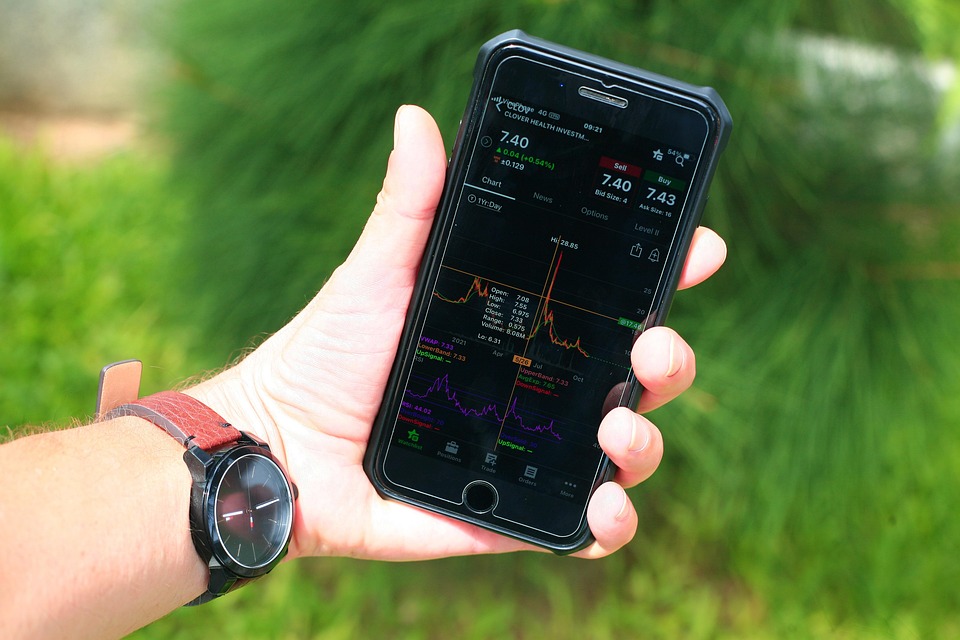Staying Safe Online: Tips for Securing Your Crypto Wallet and Transactions
With the rise of cryptocurrency, online security has become a top priority for investors and users of digital currencies. One of the most pressing concerns is securing your crypto wallet and protecting your transactions from potential threats. In this article, we’ll provide you with valuable tips on how to stay safe online and ensure your cryptocurrency transactions are secure.
Choose a Reliable Wallet
The first step in securing your crypto is choosing a reputable and secure wallet. There are two main types of wallets: hot wallets, which are connected to the internet, and cold wallets, which are offline. Hot wallets are more vulnerable to hacking, so it’s essential to choose a cold wallet or a hybrid wallet that combines the security of a cold wallet with the convenience of a hot wallet.
Here are some popular cryptocurrency wallets that offer robust security features:
- Ledger: A popular cold wallet that offers military-grade security and is certified by major certification bodies.
- Trezor: Another well-known cold wallet that provides exceptional security and is widely used by cryptocurrency enthusiasts.
- MyEtherWallet: A popular hot wallet that offers robust security features and is used by millions of users.
Use Strong Passwords and 2-Factor Authentication
Using strong passwords and enabling 2-factor authentication (2FA) is crucial to securing your crypto wallet. A strong password should be at least 12 characters long and include a mix of uppercase and lowercase letters, numbers, and special characters. 2FA adds an extra layer of security by requiring a verification code or a fingerprint scan to access your account.
Enable Private Key Encryption
Private keys are the digital equivalent of a physical key to your crypto wallet. It’s essential to keep your private keys secure and private. Enable private key encryption to protect your keys from unauthorized access. This can be achieved by using a secure browser extension or a dedicated key management service.
Use a Secure Connection
When making transactions online, make sure to use a secure connection. Look for the "https" prefix in the URL, and check for a lock icon or "Secure" label in the address bar. This ensures that your data is encrypted and transmitted securely over the internet.
Keep Your Software Up-to-Date
Regularly update your operating system, browser, and software to ensure you have the latest security patches and bug fixes. This will help prevent vulnerabilities that can be exploited by hackers.
Be Cautious with Phishing Scams
Phishing scams are a common way for hackers to steal your private keys or login credentials. Be cautious when interacting with unfamiliar or unverified sources, and never enter your login credentials or share your private keys with anyone.
Use a Browser Extension or Plugin
Consider using a browser extension or plugin that offers additional security features, such as:
- uBlock Origin: A popular plugin that blocks tracking scripts and protects your privacy.
- HTTPS Everywhere: A plugin that forces your browser to use HTTPS instead of HTTP.
- LastPass: A password manager that can securely store and autofill your login credentials.
Monitor Your Transactions and Balance
Regularly monitor your transactions and balance to detect any suspicious activity. Use a trusted exchange or platform that provides robust security features and transparency.
Conclusion
Securing your crypto wallet and transactions requires constant vigilance and awareness. By following these tips, you can minimize the risk of hacking and theft, and enjoy a secure and smooth cryptocurrency experience. Remember to choose a reliable wallet, use strong passwords and 2FA, enable private key encryption, use a secure connection, keep your software up-to-date, be cautious with phishing scams, and monitor your transactions and balance. Stay safe online!

